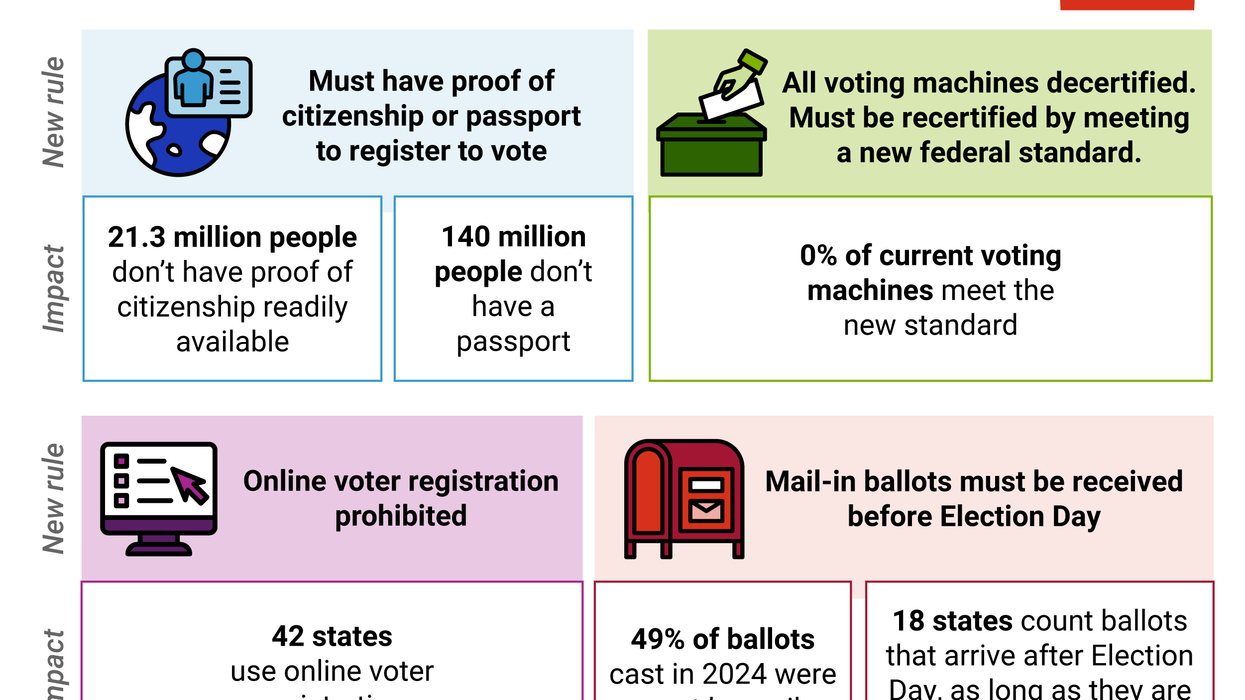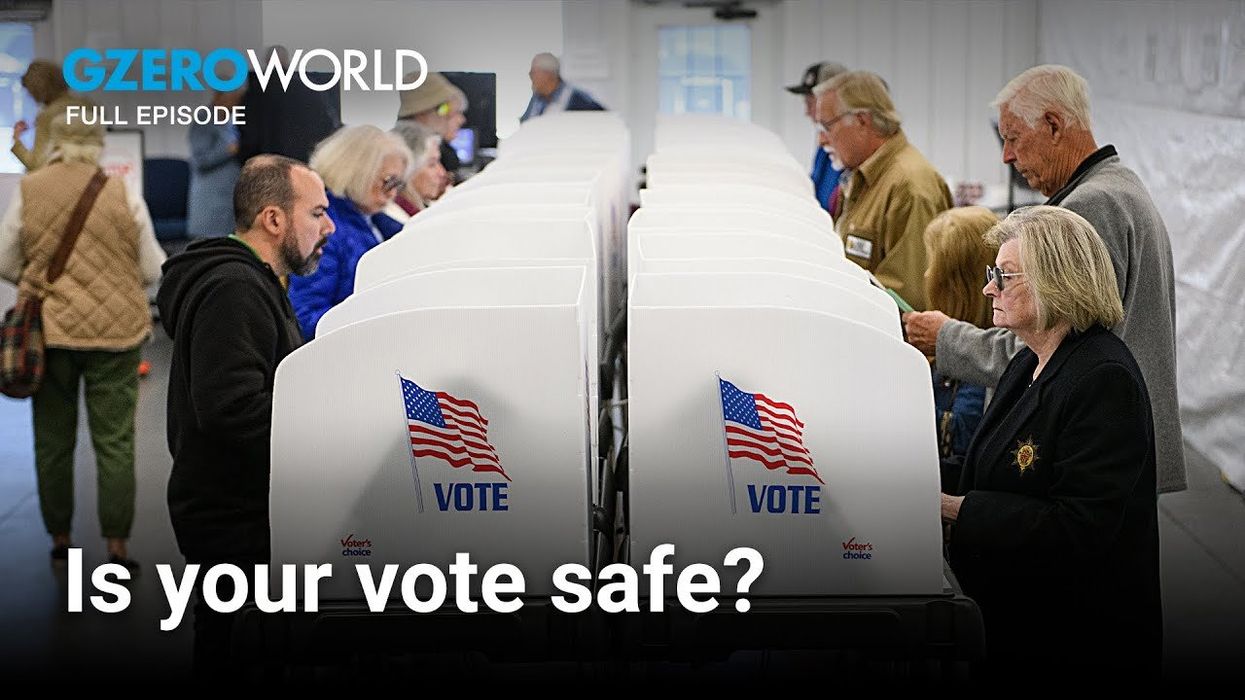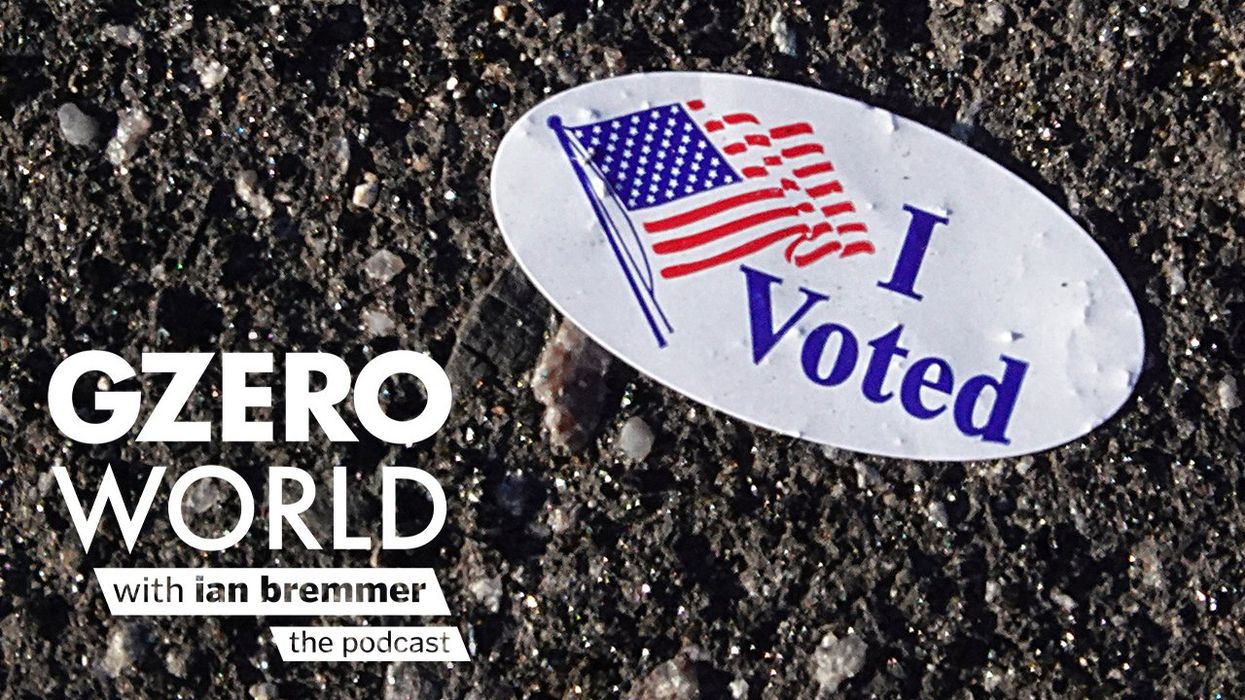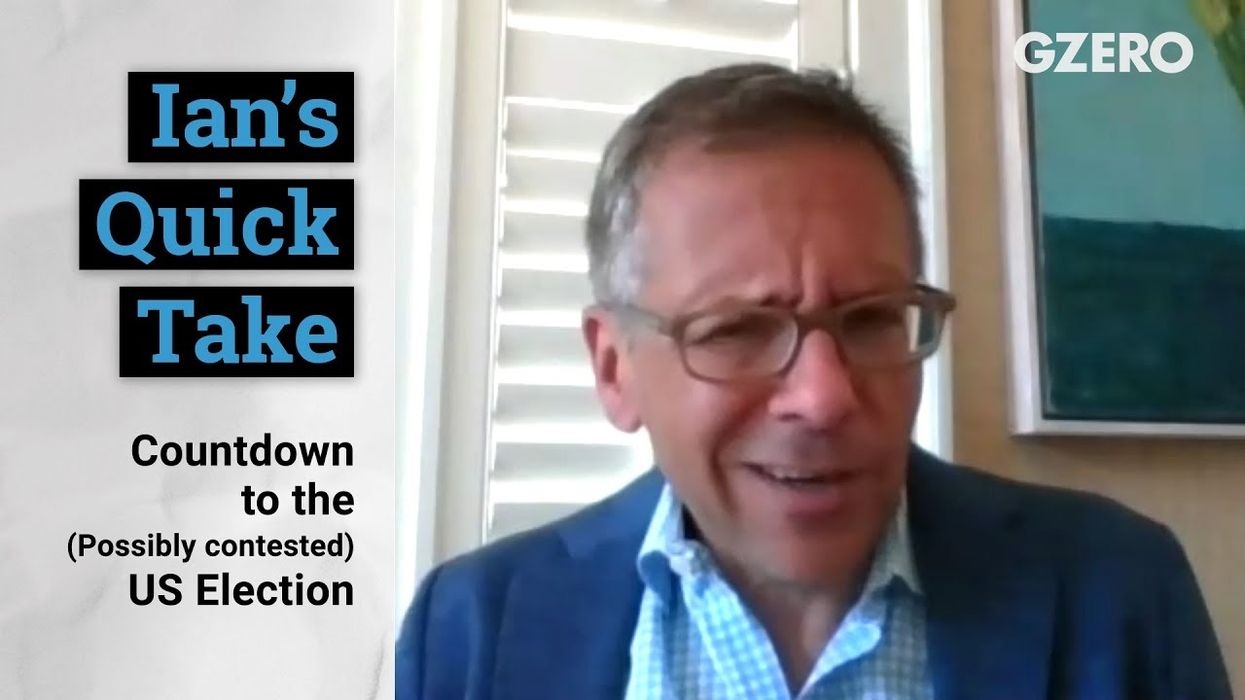Graphic Truth
Graphic Truth: How Trump aims to alter the US voting system
Officials from the Democratic Party in 19 states have filed a lawsuit challenging Donald Trump’s efforts to alter the national voting process via an executive order entitled “Preserving and Protecting the Integrity of American Elections,” which they argue infringes upon states’ constitutional rights to manage their elections.
Apr 07, 2025





